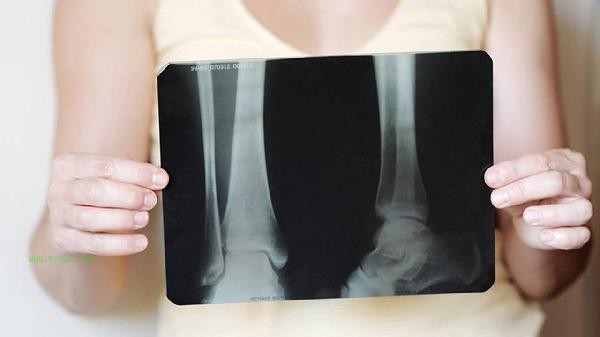The reduction of bone calcium loss can be achieved by supplementing vitamin D, consuming high calcium foods, moderate exercise, controlling sodium salts, and avoiding excessive caffeine. The main methods include vitamin D supplementation, high calcium diet, weight bearing exercise, low salt diet, and limiting caffeine intake.

1. Vitamin D supplementation
Vitamin D can promote the absorption of calcium in the intestine, help maintain blood calcium concentration, and reduce bone calcium loss. Sunlight exposure is a natural way of obtaining it, and it can also be supplemented by foods such as fish, egg yolks, or taking vitamin D supplements as prescribed by a doctor.
2. High calcium diet
Milk, soy products, dark green vegetables, and other foods are rich in calcium, and a balanced daily intake can meet bone needs. Lactose intolerant individuals can choose low lactose dairy products or calcium fortified foods, and if necessary, use calcium supplements under the guidance of a doctor.
3. Weight bearing exercise
Weight bearing exercises such as walking, jogging, and resistance training can stimulate osteoblast activity and enhance bone density. It is recommended to exercise moderately every week and avoid prolonged sitting. Elderly people can choose low impact exercises such as Tai Chi.

4. Low salt diet
Excessive sodium salt can accelerate urinary calcium excretion, and daily salt intake should be controlled within a reasonable range. Reduce the intake of pickled and processed foods, and replace some salt with spices during cooking.
5. Limit Caffeine
Caffeine containing beverages such as coffee and strong tea may interfere with calcium absorption, and should not be consumed in excess daily. It is recommended to wait for a period of time after drinking before consuming high calcium foods, or choose low caffeine drinks as a substitute. Maintaining a regular daily routine and quitting smoking and limiting alcohol consumption can also contribute to bone health. It is recommended to regularly test bone density for people over 40 years old. If symptoms of osteoporosis have already appeared, it is necessary to seek medical attention in a timely manner and undergo a combination of medication and lifestyle interventions under professional guidance to avoid blind calcium supplementation and other health risks. Daily consumption of foods rich in minerals such as magnesium and zinc is recommended, as these nutrients are closely related to calcium metabolism. A comprehensive and balanced intake of nutrients is the long-term solution to maintaining bone health.









Comments (0)
Leave a Comment
No comments yet
Be the first to share your thoughts!